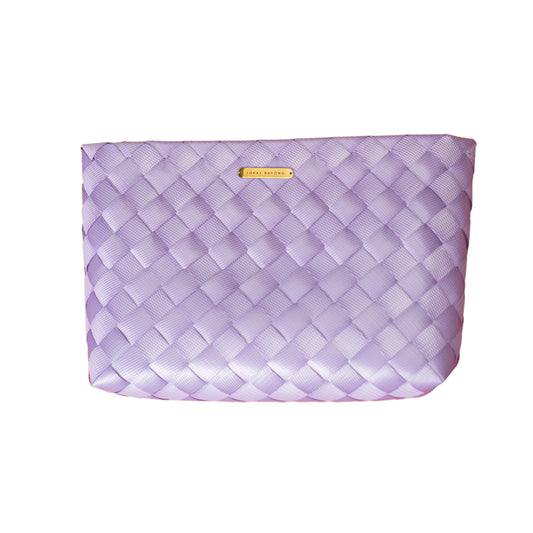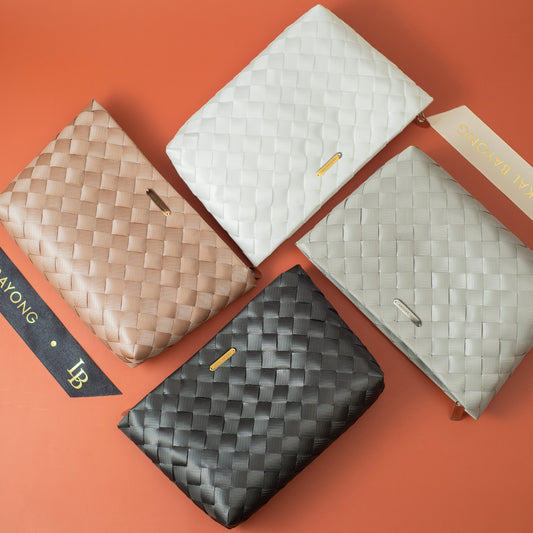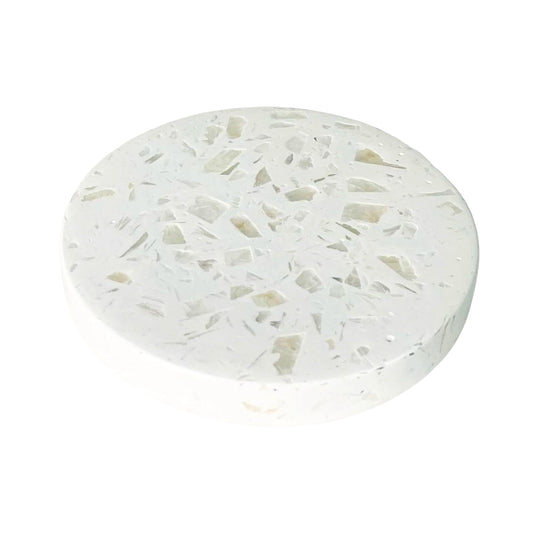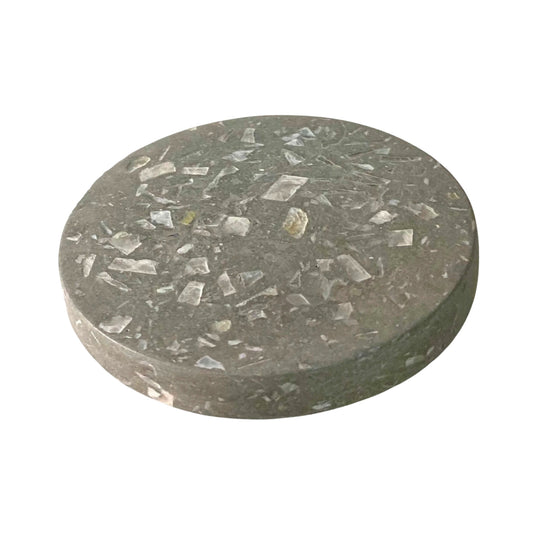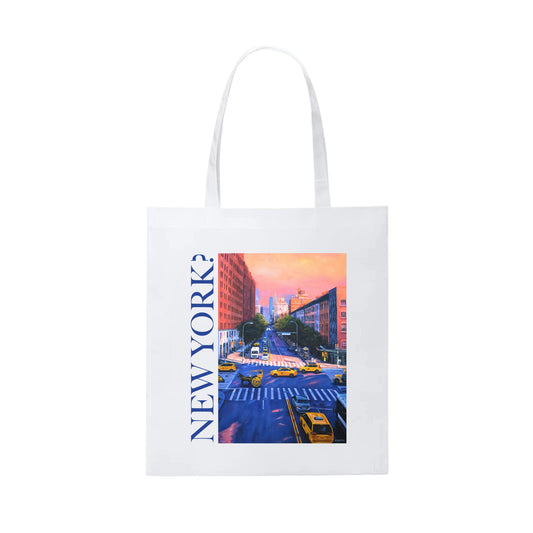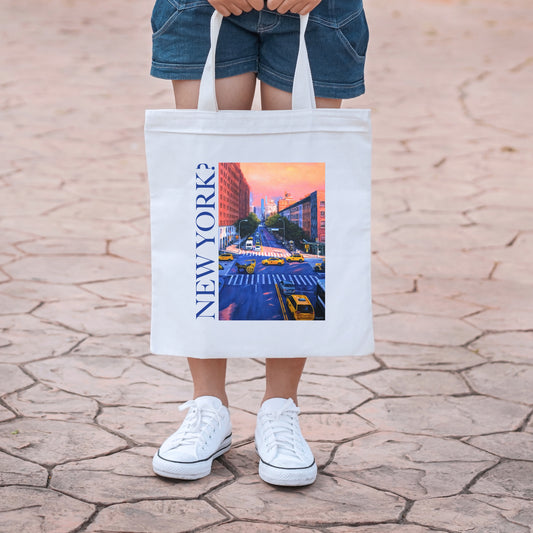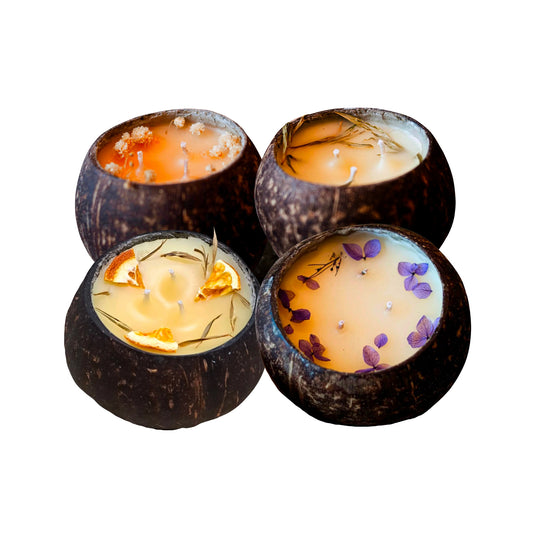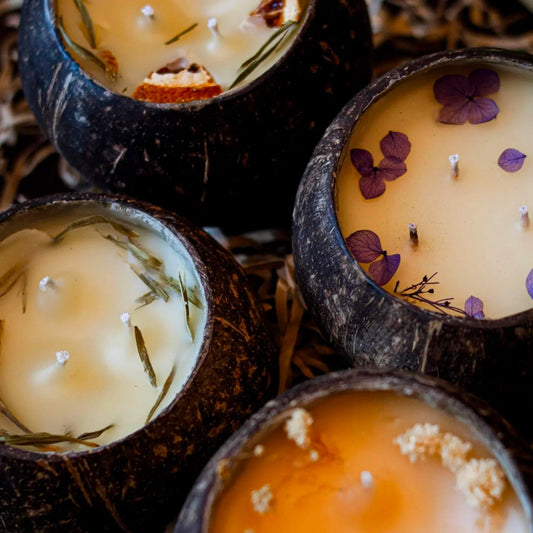Junk Not pioneers a transformative approach to business, artfully intertwining eco-activism with entrepreneurship as Willie Garcia upcycles plastic waste into globally recognized furniture.
Can business harmoniously coexist with activism and social work, or is modern perception accurate in viewing them as starkly contrasting entities?
While businesses are traditionally guided by the three pillars: Planet, People, and Profit, modern trends reveal a skewed emphasis on Profit, often sidelining Planet and People. The social enterprise model emerged as a countermeasure, yet its struggle to equally prioritize all three pillars has rendered some as barely profitable entities, oscillating between charity work and exploitative practices.
The criticism is such that some social enterprises lean more towards high-society ventures, highlighted by a remark from people often saying that: "social entrepreneurs are 'sosyal' (snooty, elitist) entrepreneurs," even as accolades are frequently and uncritically bestowed upon them.
Unfortunately, shortsightedness in prioritizing profit over people and the planet can lead to long-term losses. The tale of the impatient farmer who killed his golden goose, hoping for instant wealth, serves as a cautionary metaphor; he lost his steady source of gold in his haste for immediate gain.
Such is the planet. Many of the beautiful things we enjoy come from resources that take years, decades, generations to grow. Yet, the relentless demands of modern commerce and consumerism outpace nature's capacity to replenish, risking long-term sustainability for short-term gains.
Exacerbating the environmental issue is the pervasive use of non-biodegradable single-use plastics by businesses, driven by cost-saving measures and catering to markets, like the Philippines, where consumers prefer purchasing in smaller quantities rather than in bulk.
This reliance on single-use plastics has culminated in the alarming issue of the Great Pacific Plastic Gyre, a massive "island" of floating waste, discernible from above, as it drifts through the vast expanse of the world's largest ocean.
– – –
Art & Advocacy
Addressing monumental challenges can be overwhelming, but as streams feed the ocean and cathedrals are built brick by brick, visionaries like Willie Garcia, the founder of Junk Not, bravely address the immediate issues before her.
Junk Not stands as a testament to how a social enterprise can be both profitable and beneficial to people and the environment.
Willie's brand embodies the dual mission of upcycling vast amounts of plastic and the commitment to diverting plastic from landfills.

From a young age, Willie was immersed in creativity, raised on her family's picturesque Laguna farm amidst nature. Alongside her mother and Lola, she honed her skills in handiwork, from sewing and crocheting to crafting art.
Growing up, Willie witnessed her father, an environmental advocate, rally with peers and achieve milestones like closing a landfill.
"That’s where my eyes were opened to social issues. It was in college that I realized I could use my creativity to further my advocacy."
After earning degrees in interior design and social entrepreneurship, Willie immersed herself in a Moroccan artist's residency, exploring traditional crafts. While there, she spearheaded a river cleanup, integrating her passion for environmental advocacy with the local community.
Drawing from her rich experiences, Willie ventured to the community near Taal volcano, keenly observing their waste management practices. "They burn it, or tied rocks to their trash bags so they could sink into the lake," she recalls, adding that "it was hard to change what they were used too. I almost gave up."
Beginning with just four dedicated housewives, Willie's initiative has grown to include 77 local nanays (mothers), diligently gathering domestic plastic waste.
This effort led to the innovative creation of the yarn used by Junk Not for their diverse product range. In a chat with Likhaan ArtZine, Willie highlights that while the mothers' tasks echo those of abaca suppliers, they benefit from superior compensation and a 5% share of Junk Not's earnings.
Willie's practical approach reinforces her idealism, emphasizing the need for balanced business objectives. While recognizing the skepticism younger activists often have towards profits, she underscores the importance of harmonizing profit with care for people and the planet, asserting that sustainability lies in nurturing all three pillars.

– – –
All Upwards from Here
Upcycling reinvents waste materials into novel products, differing from recycling where items like bottles are simply remade into their original form; it's about transforming the old into something vibrant and new.
Having showcased JunkNot's creations from Tokyo to Paris, Willie once faced skepticism as viewers mistook her functional designs for mere art, often questioning, "Can you sit on it?".
Now, she's inundated with both local and international orders.
"Hopefully we have no landfills in the future, but art installations made from plastics."
Inspired by her triumph in Taal, Willie sees a world of opportunities. With the global challenge of plastic waste, she envisions Junk Not expanding its impactful reach beyond the Philippines, tapping into communities worldwide to combat this crisis.
From crafting chairs to tables, Willie aspires to witness communities globally showcasing installation art made from plastic yarn, symbolizing a world where plastic has a purpose beyond landfills and oceans.
"The raw material is everywhere," Willie emphasizes how this makes the business sustainable. "Instead of simply shipping my products abroad," Willie beams, "I want to create a JunkNot community in every area."
Junk Not also embodies the essence of Likhaan – cherishing the precious entities of our world and marveling at the treasures they produce. For Willie, the pinnacle of success isn't just in monetary gains, but in "transforming the community to become stewards of their own environment."




